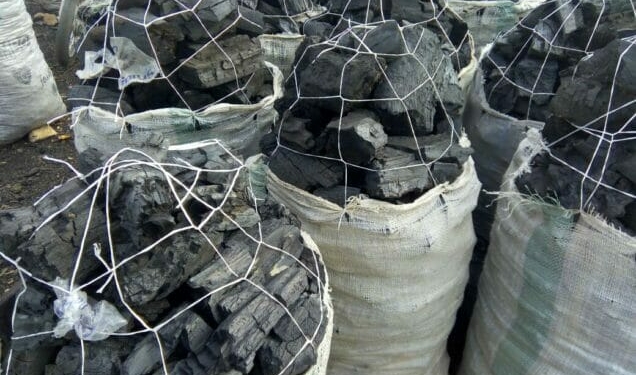To protect the environment, the Nasarawa State Government has banned the usage and sale of charcoal in the state.
Mr Aliyu Agwai, Permanent Secretary of the Ministry of Environment and Natural Resources, made the announcement while speaking to reporters in Lafia on Saturday.
He claims that the process of making charcoal is bad to the environment since it degrades the climate and contributes to global warming.
The burning of charcoal, in particular, produces dangerous pollutants, according to Agwai.
“Cutting trees can result in the loss of habitat for animal species, which can harm the ecosystems.
“Almost all the land animals and plants live in forests and many cannot survive the deforestation that destroys their homes,” he observed.
He warned those selling and using charcoal to desist to avoid prosecution in case of violation.
He lauded the residents of the state for the level of compliance with the sensitisation programme on environmental sanitation.
“Usually every last Saturday of the month is set aside for sanitation exercise, but we brought it back to today because of the Christmas celebration,” he added.
Agwai said that all roads to the state were blocked to prevent motorists from other states from passing but they had been opened after the sanitary exercise.
“We only allowed those with permission from the relevant ministry, or on essential services to pass and move around during the exercise,” he said.
Meanwhile, a mobile court, handling environmental-related cases, has prosecuted 32 persons suspected to have violated environmental sanitation laws in Lafia.
The Prosecutor, Mr Abubakar Mohammed, who is also a Chief Environment Officer, told the court that the suspects were transacting their private businesses while the sanitation exercise was in progress.
Mohammed said that the offences violated Section 9(2), of the state Environmental Sanitation Law.
He urged the court to sanction them accordingly to serve as deterrent to others.
The Judge, Mr Abdullahi Lande, convicted and sentenced them to six months imprisonment respectively with the option of a fine of between N5,000 and N50,000 respectively.








Discussion about this post